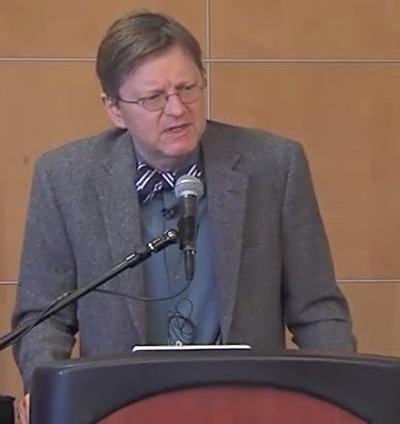(... the recent comments by President Obama and Lief Carter have caused me to compose this).
You can't say whether Scalia was a good judge until you first tell us whether you agree with Philip Bobbitt, Dennis Patterson or the Wittgenstein-Dworkin construct in The Flexible Constitution.
Bobbitt tried to say that good judging was ultimately a matter of conscience put in the right format. Scalia would be very good by this measure. Deeply held convictions put forth in a legal form. But Patterson says that Bobbitt's standard is too private: you can't be good merely because you have listened to your inner voice. Much like Tractarian Wittgenstein, this relegates too much to the closet (unsayable). But Patterson didn't himself have a credible solution. He thought you could sort of "debate-score" judicial reasoning.
For me, Scalia was a terrible judge. And he was terrible because his decisions relied upon intellectual behaviors that were dominant in history at least one century prior to his time on the bench. He used an a-priori format, syllogistic reasoning, formalism, and took positions about language that had been badly discredited in the time in which he lived. In fact, he is known for inventing the concept of original meaning, which was always an intellectually flawed idea. He reminded me of the character "Dr. Zaius" in the 1968 movie, Planet of the Apes, because of these behaviors.
He had a blatant contradiction in his philosophy about text when talking about statutes versus the Constitution. Rather than deal with the problem, he tried to cover it up with rhetoric. And he would blatantly politicize judicial business by giving speeches at conservative organizations like the Federalist Society. In an age when the 60's generation had academically constructed courts of politics, judges like Scalia were given social license to be ostensible representatives of political convictions. You could no longer criticize him for that. And this was a shame, because, if there ever was a Segal-Spaeth-Segall justice in real life, it was Antonin Scalia. He was, in truth, the exemplar of this academic fiction.
And so, neither Bobbitt nor Patterson can help us judge Scalia. We would rather say that, using a Dworkinian standard, that he was no Hercules. And that, using Wittgenstein, he was never very good at making aesthetical judgments in constitutional law, because, frankly, he did not understand that this was in fact what the behavior was.

